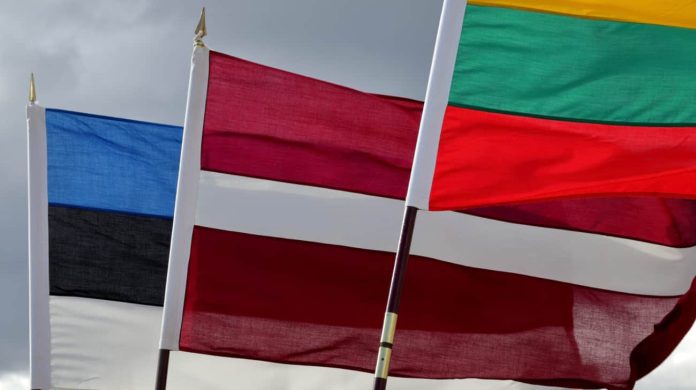Під час спільного засідання комітетів з міжнародних справ парламентів Литви, Латвії та Естонії, яке відбулося 6 червня у місті Бірштонас (Литва), представники трьох країн оприлюднили спільну заяву на підтримку членства України в Європейському Союзі та НАТО. Учасники заходу підтвердили свою непохитну підтримку суверенітету й територіальної цілісності України та підкреслили, що перемога України у війні проти Росії є ключовою передумовою тривалого та справедливого миру в Європі.
У документі зазначено, що вступ України до НАТО забезпечить стабільну основу для євроатлантичної безпеки, а війна, розв’язана Росією, є грубим порушенням міжнародного права, Статуту ООН і базових норм прав людини.
У своїй заяві парламентарі визначили п’ять ключових зобов’язань:
-
Підтримка України до повної перемоги – включно з деокупацією тимчасово захоплених територій, притягненням воєнних злочинців до відповідальності та дотриманням норм міжнародного правосуддя.
-
Сприяння євроінтеграції України – зокрема, досягнення повноправного членства в ЄС до 2030 року.
-
Підтримка євроатлантичного курсу України – із закликом до ухвалення чітких рішень на саміті НАТО в Гаазі 2025 року, беручи до уваги попередні саміти в Бухаресті, Вільнюсі та Вашингтоні.
-
Поглиблення оборонної співпраці – включаючи сприяння приєднанню України до Об’єднаних експедиційних сил (JEF) як крок до ширшої безпекової інтеграції.
-
Посилення дипломатичного тиску на Росію – шляхом ізоляції в міжнародних організаціях, розширення санкцій та притягнення до відповідальності за злочини.
Парламентарі закликали інші уряди, парламенти та міжнародні інституції долучитися до цієї ініціативи, щоб разом сприяти перемозі України, її відновленню та повноцінній інтеграції до євроатлантичної спільноти.
Як очікується, наприкінці червня в Гаазі відбудеться черговий саміт НАТО. За інформацією ЗМІ, серед ключових рішень саміту може стати ухвалення нової цілі оборонних витрат – до 5% від ВВП. Частину цих коштів планується спрямувати на підтримку України, що може значно посилити її обороноздатність.


